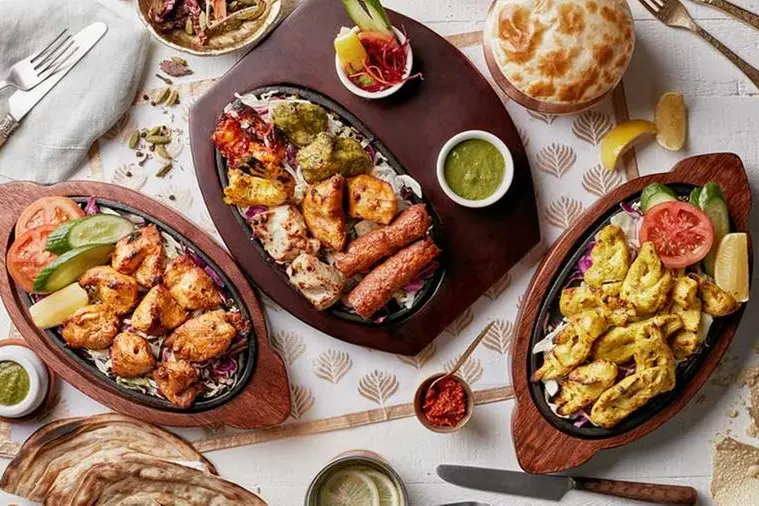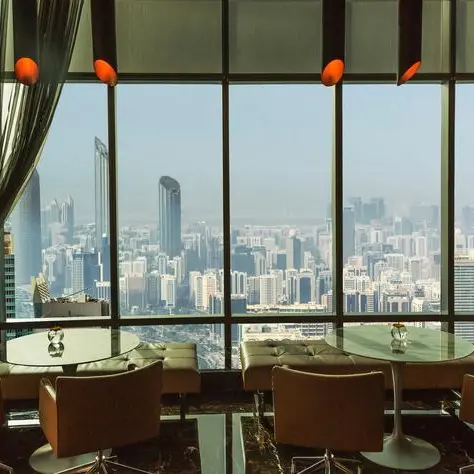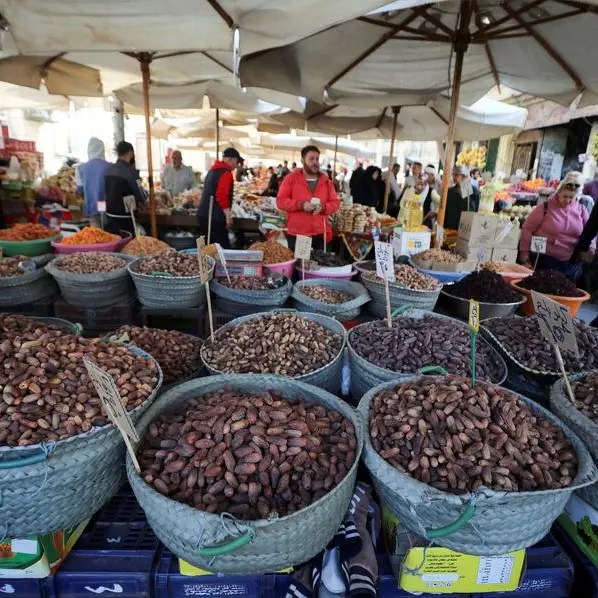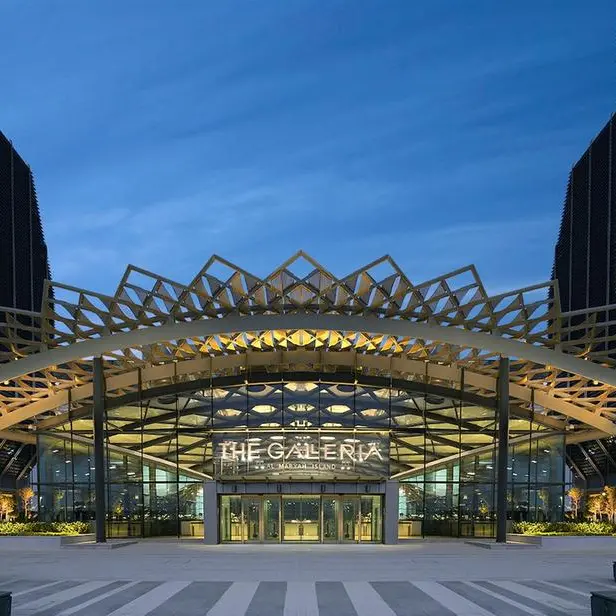PHOTO
The robust restaurant market in the GCC is fuelling expansion for Southern Franchise Group (SFG), a food service operator and hospitality company that manages several popular brands in the UAE and India. According to chairman and managing director Kesavan Muraleedharan, the group plans to open 10 new locations across the country over the next year and a half.
“We are on track to open 10 additional locations over the next 18 months across the UAE,” Muraleedharan said. “As part of our ongoing transformation journey the group is still very much focused on our core values of continuously improving our quality and offerings to our customers, and [scaling] our casual dining restaurant business.”
SFC Group is currently focused on the UAE market, though Muraleedharan recognises growth opportunities across the GCC. The group operates over 50 outlets with over 2,500 employees and is funding the new ventures internally, he added.
The opportunity of food
The expansion is in line with market projections. The foodservice sector in the UAE is projected to have a compound annual growth rate (CAGR) of 6.8% over the next five years, according to Mordor Intelligence. Saudi Arabia edges slightly higher, with a CAGR of 7.71%.
This growth is driven by increasing disposable incomes, rising tourist arrivals, changing urban lifestyles, and evolving consumer preferences, Muraleedharan explained.
And despite the likelihood of a global recession, the seasoned executive believes that business will remain strong, partly due to lessons learned during the COVID-19 pandemic.
“The pandemic disrupted the market more than any recession, but the F&B sector managed to tackle the challenges by enduring and adapting to market conditions,” he said. As such in any impending recession, those who fail to innovate continuously and provide customers with a better experience will fall behind, he added.
The sector will also need to respond to market dynamics.
“The recession may impact the frequency of dining out, but customers will become more conscious about value.” In his book, value extends beyond price to customer experience and brands’ value proposition.
“Living in a very social society where there is a strong culture to meet friends and family often, there will always be a strong demand for good quality casual venues,” he said.
Business demand may shift towards quick-service restaurants and casual dining segments, but a renewed consumer appetite for travel could offset any dip in local foot traffic.
“With several tourism drivers and events in the pipeline, we expect strong tourist growth to offset any shift in resident demands,” Muraleedharan said.
Cloud kitchens: A short-lived trend?
While food delivery has grown during the pandemic, SFC Group has no plans to compete with a cloud kitchen offering. According to Muraleedharan, the concept is a short-lived trend.
“We see a lot of players in this space backed by venture-funded online marketplaces. A model purely based on heavy discounting and offers does not [equate] sustainable growth,” he explained.
“Although they benefit from strong branding and marketing, the majority of these new-age cloud brands – in the race to add new concepts and storefronts on aggregators – fail to pay attention to the main fundamentals of F&B operations: quality and consistency,” he said. “Cloud kitchens may generate good orders in the short run; however, building a brand with consistent demand and revenue requires persistent dedication to quality and consistency.”
(Reporting by Keith J Fernandez; editing by Seban Scaria)
(seban.scaria@lseg.com)





















